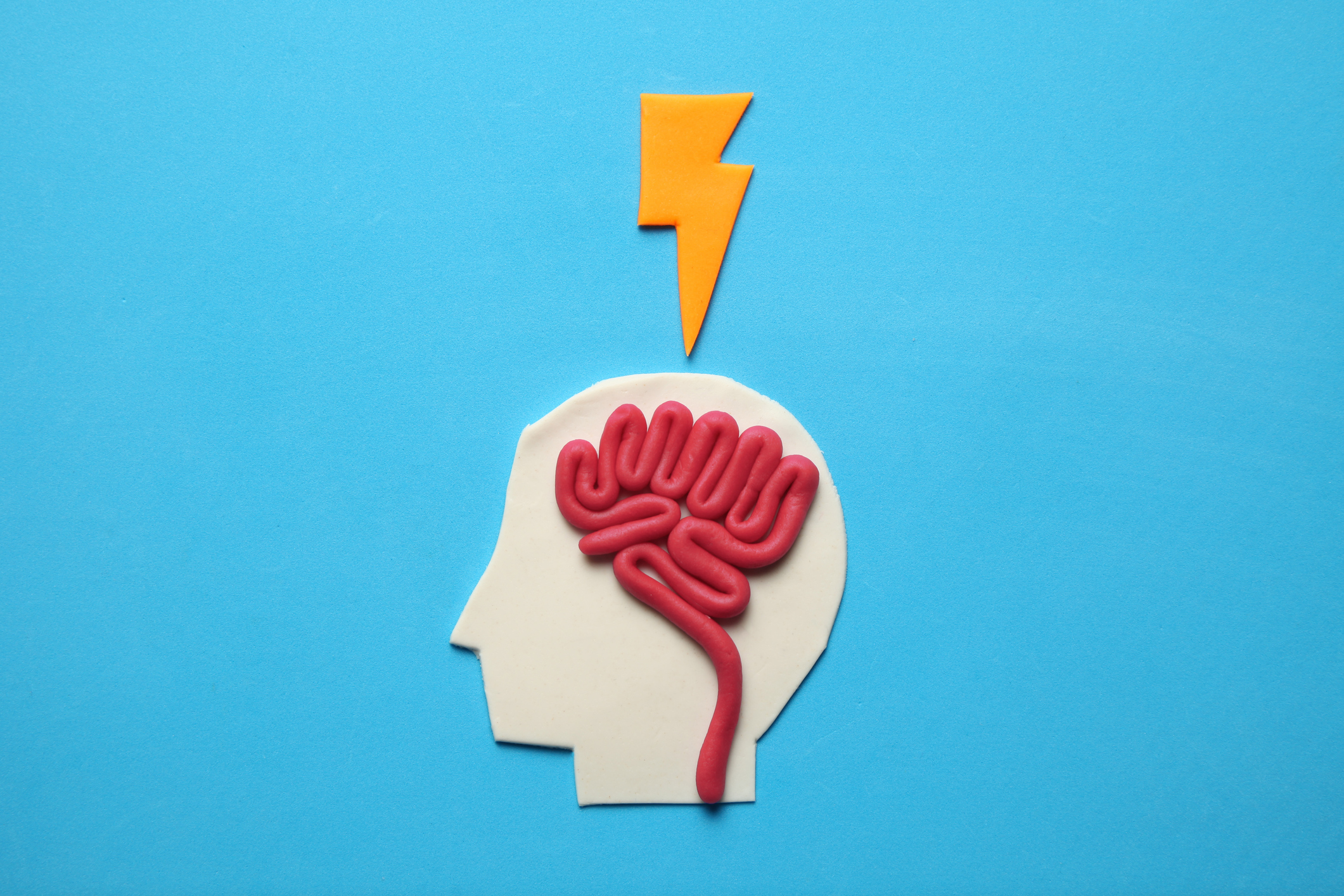

One of the easiest ways to protect your brain as you age is to get regular exercise. Aerobic exercise in particular has been proven to not only prevent brain shrinkage and cognitive decline — but actually reverse it.
Researchers have been digging into exactly how exercise works to maintain brain volume and promote brain cell regeneration.
Some studies have pointed to brain derived neurotrophic factor (BDNF) as a key player. A steady supply of BDNF is required for your brain and nerves to stay in good working order. And exercise has been found to boost BDNF in the brand’s learning and memory center.
But now, new research has indicated there’s more to the picture…
The impact of healthy insulin and BMI levels on the brain
A study out of France suggests that the role exercise plays in keeping insulin and body mass index (BMI) levels low supports the mechanisms involved in protecting brain volume and fending off dementia.
“These results may help us to understand how physical activity affects brain health, which may guide us in developing strategies to prevent or delay age-related decline in memory and thinking skills,” says study author Dr. Géraldine Poisnel of Inserm Research Center in Caen, France. “Older adults who are physically active gain cardiovascular benefits, which may result in greater structural brain integrity.”
In contrast, researchers found that the relationship between exercise and the metabolism of glucose in the brain was not affected by insulin or body mass index (BMI) levels. Reduced glucose metabolism in the brain can been seen in people with dementia.
The participants in the study averaged 69 years of age and had no memory problems. They filled out a survey about their physical activity over the past year and had brain scans to measure volume and glucose metabolism. In addition, the researchers obtained information on their BMI and insulin levels as well as cholesterol, blood pressure and other factors.
In the survey, the participants were asked to report each activity they did at least 10 times over the previous 12 months and how much time they spent doing that activity. The information was then used to calculate their total physical activity score.
People with the highest physical activity scores had significantly greater total volume of grey matter in their brains than people with the lowest scores. The results were the same when looking only at the areas of the brain affected by Alzheimer’s disease.
Those who did the most physical activity also showed a higher average rate of glucose metabolism in their brains than those who recorded the least amount of activity.
Researchers observed no connection between higher levels of physical activity and how much amyloid plaque people had in their brains.
“Maintaining a lower BMI through physical activity could help prevent disturbed insulin metabolism that is often seen in aging, thus promoting brain health,” Poisnel says.
How much exercise is best for brain health?
So, exactly how much exercise do you need to benefit your brain?
One study estimated that 52 hours of exercise over a six-month period was enough to improve cognitive health measures like mental processing speed, attention and planning. That breaks down to a little over two hours of exercise a week, or four 30-minute exercise blocks.
The best news is that pretty much any type of activity will give you those benefits. You can take a brisk walk, hop on the exercise bike, lift some weights, attend a yoga or tai chi class or go for a jog or swim. It’s also possible to ramp up daily activities, like housework, to benefit. As long as it gets your heart pumping and body moving, it all counts toward preserving that precious resource between your ears.
If you really want to turbo-charge the effects of exercise on your brain, drink a glass of beetroot juice right before you start your activity. Researchers have discovered that combining beetroot juice and exercise improves brain connectivity and helps the brain respond as if it’s years younger.
Sources:
Exercise May Protect Brain Volume by Keeping Insulin and BMI Levels Low — American Academy of Neurology
Role of Cardiovascular Risk Factors on the Association Between Physical Activity and Brain Integrity Markers in Older Adults — Neurology

